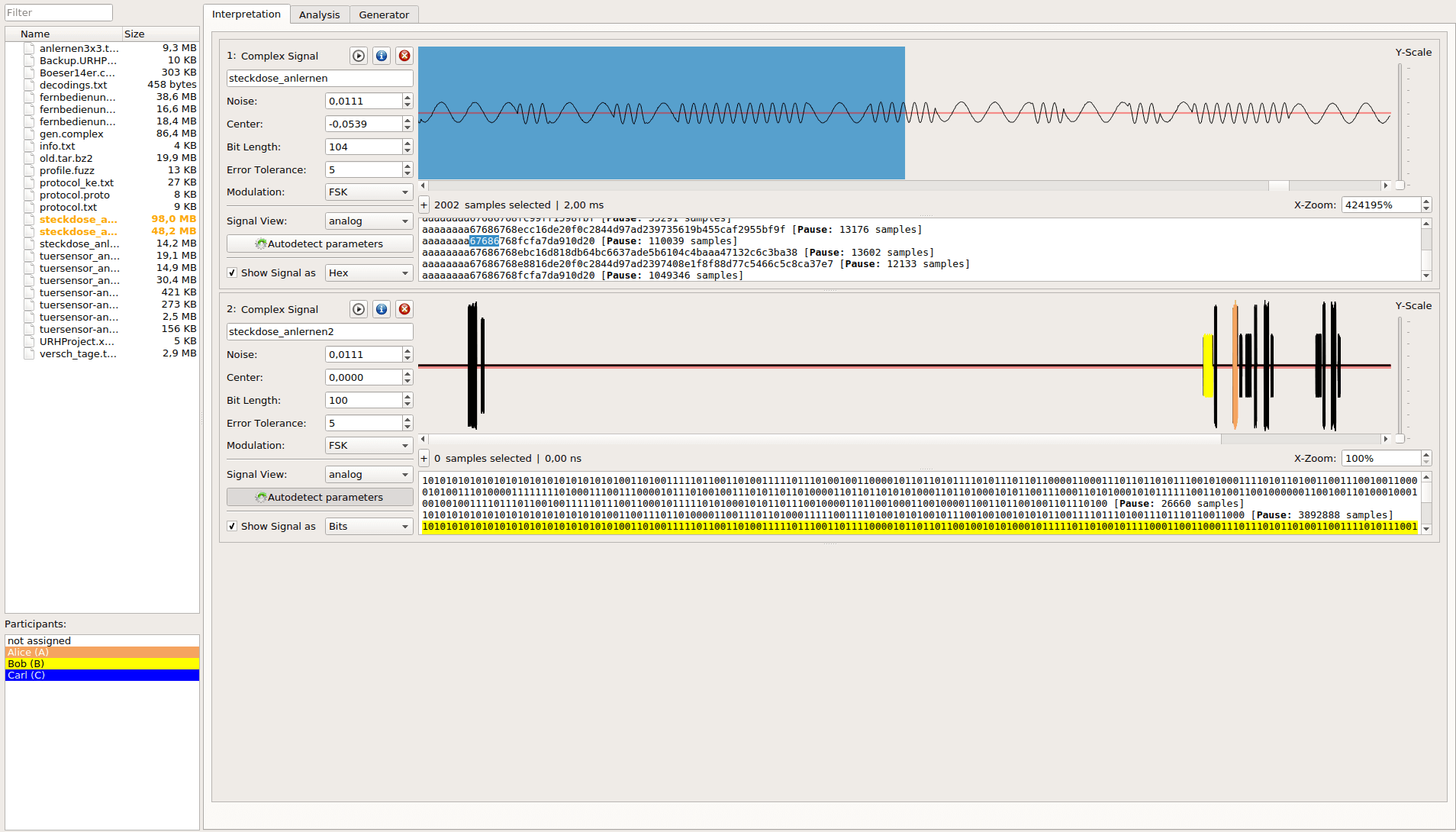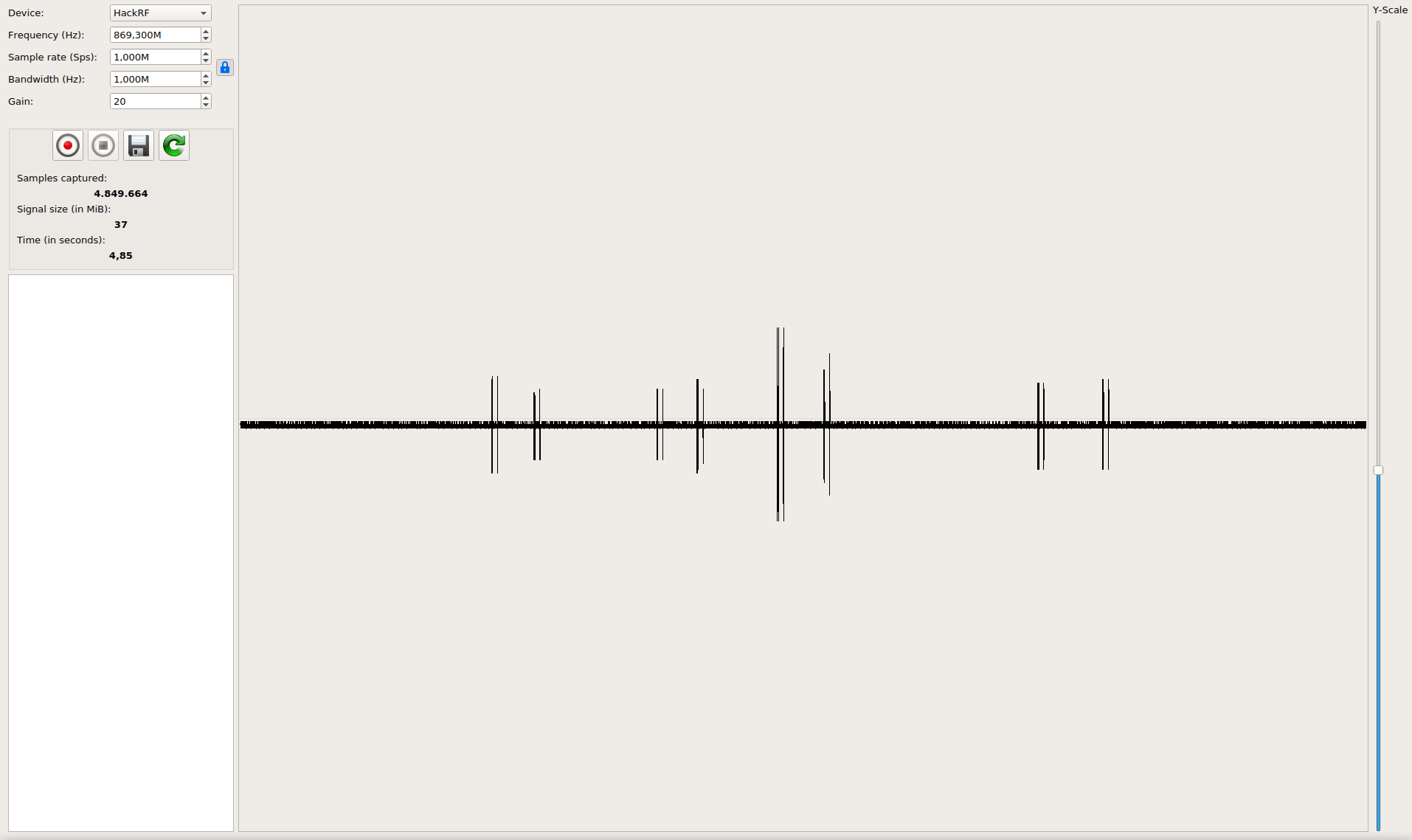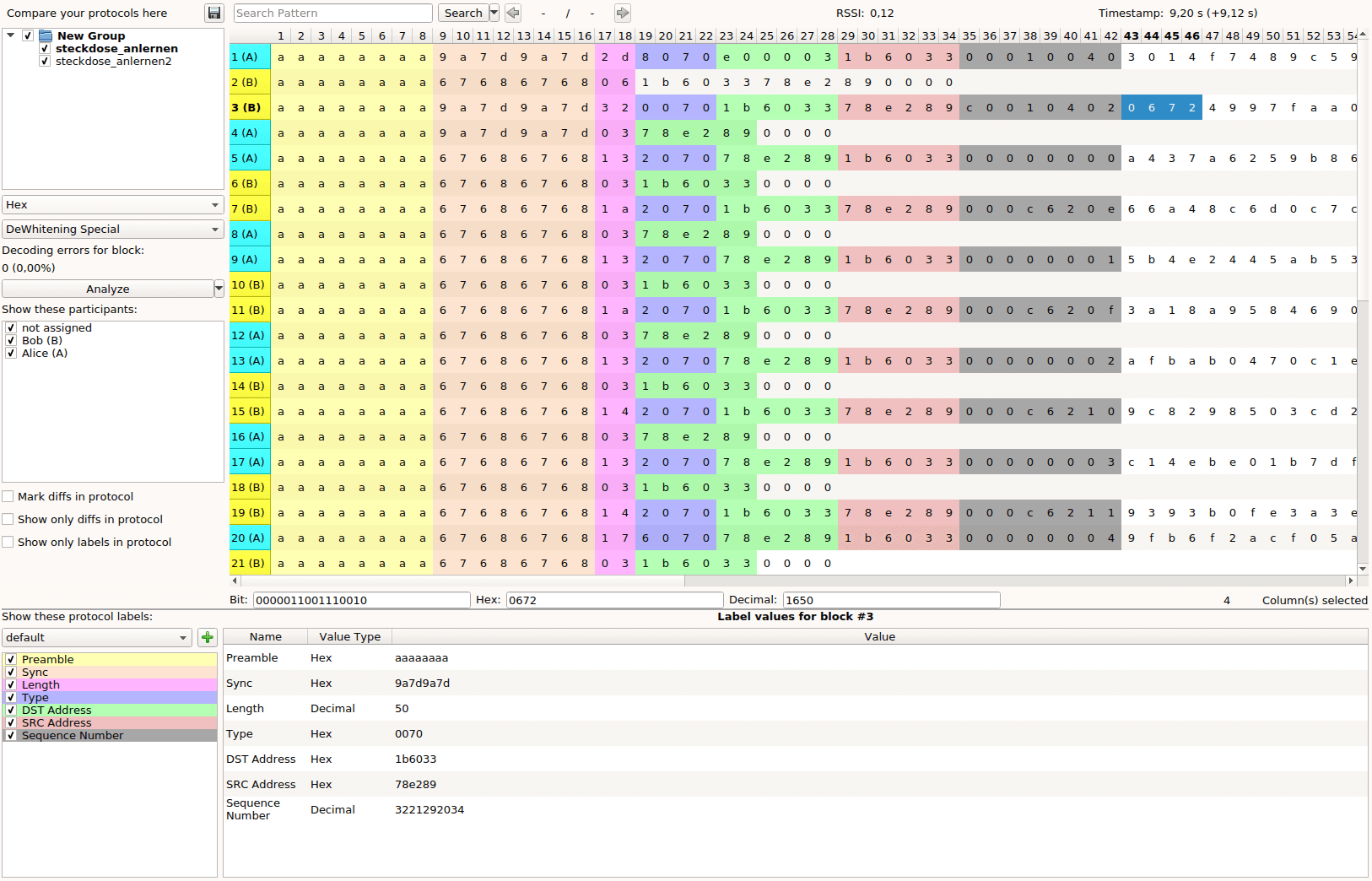URH (Universal Radio Hacker) is a software for investigating unknown wireless protocols. Features include
- Hardware Interfaces for common Software Defined Radios
- Easy Demodulation of signals
- Assigning Participants to keep overview of your data
- Customization Decoding to crack even sophisticated encodings like CC1101 data whitening
- Assign Labels to reveal the logic of the protocol
- Fuzzing Component to find security leaks
- Modulation Support to inject the data back into the system
- Simulation Environment to perform stateful attacks
Also Read EvilOSX – An Evil Remote Administration Tool For MacOS / OS X
URH Installation
Universal Radio Hacker can be installed via pip or using the package manager of your distribution (if included). Below you find more specific installation instructions for:
Windows
On Windows, URH can be installed with it’s MSI Installer. No further dependencies are required.
If you get an error about missing api-ms-win-crt-runtime-l1-1-0.dll, run Windows Update or directly install KB2999226.
Linux
Via Package Manager
For the following linux distributions you can install URH using your package manager.
| Distribution | Install with |
|---|---|
| Arch Linux | yaourt -S urh |
| Gentoo / Pentoo | emerge -av urh |
| Fedora 25+ | dnf install urh |
| openSUSE | zypper install urh |
Generic way with pip (Ubuntu/Debian)
URH you can also be installed with pip using pip3 install urh. In case you are running Ubuntu or Debian read on for more specific instructions.
In order to use native device backends, make sure you install the -dev package for your desired SDRs, that is libairspy-dev, libhackrf-dev, librtlsdr-dev, libuhd-dev.
If your device does not have a -dev package, e.g. LimeSDR, you need to manually create a symlink to the .so, like this:
sudo ln -s /usr/lib/x86_64-linux-gnu/libLimeSuite.so.17.02.2 /usr/lib/x86_64-linux-gnu/libLimeSuite.so
before installing URH, using:
sudo apt-get update
sudo apt-get install python3-numpy python3-psutil python3-zmq python3-pyqt5 g++ libpython3-dev python3-pip cython3
sudo pip3 install urh
Mac OS X
- Install Python 3 for Mac OS X. If you experience issues with preinstalled Python, make sure you update to a recent version using the given link.
- (Optional) Install desired native libs e.g.
brew install librtlsdrfor corresponding native device support. - In a terminal, type:
pip3 install urh. - Type
urhin a terminal to get it started.
Update Your Installation
Updating with Pip
If you installed URH via pip you can keep it up to date with pip3 install --upgrade urh, or, if this should not work python3 -m pip install --upgrade urh.
Updating with MSI
If you experience issues after updating URH using the .msi installer on Windows, please perform a full uninstallation. That is, uninstall URH via Windows and after that remove the installation folder (something like C:\Program Files\Universal Radio Hacker). Now, install the new version using the recent .msi.
Running From Source
If you like to live on bleeding edge, you can run URH from source.
Without installation
To execute the Universal Radio Hacker without installation, just run:
git clone https://github.com/jopohl/urh/
cd urh/src/urh
./main.py
Note, before first usage the C++ extensions will be built.
Installing from source
To install from source you need to have python-setuptools installed. You can get it e.g. with pip install setuptools. Once the setuptools are installed use:
git clone https://github.com/jopohl/urh/
cd urh
python setup.py install
And start the application by typing urh in a terminal.
Screenshots
Get the data out of raw signals

Keep an overview even on complex protocols
Record & Send Signals


















